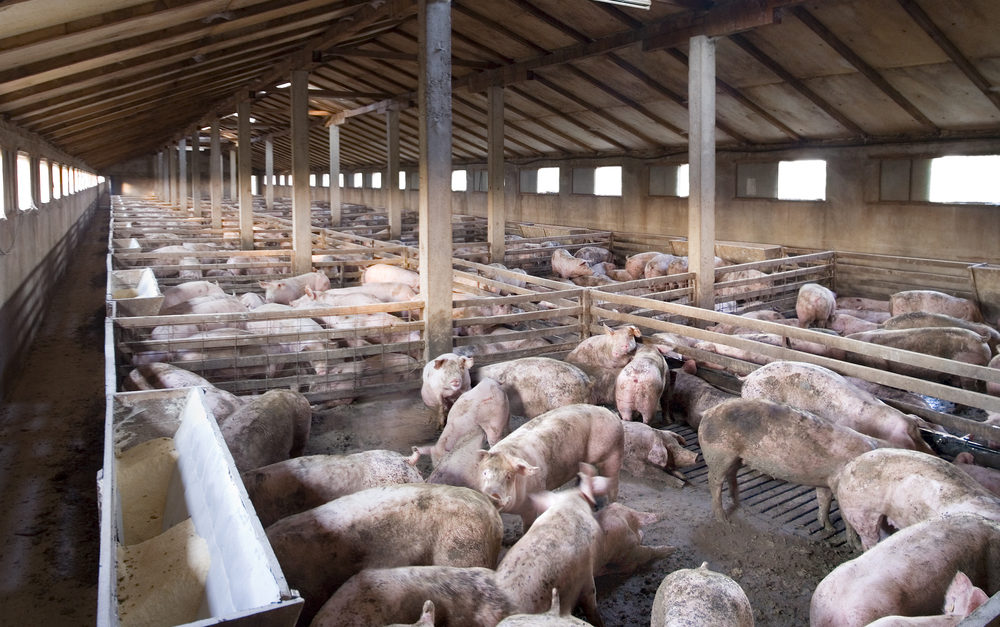A third African Swine Fever outbreak has been confirmed in China as the disease continues to spread through one of the world’s most pig-populated countries.
Already, more than 8,000 pigs have been culled over the last five days in a bid to halt the disease; however, cases of the disease have since been confirmed at WH Group’s Lianyungang abattoir and now a third case is also.
The third case is around 570km from the abattoir, which is around 1,300km from the first confirmed case of the disease.
How it’s spreading
- Shenyang – First case, August 3;
- WH Group’s abattoir in Henan, Zhengzhou – Second case, August 14; and
- Haizhou, Lianyungang, Jiangsu – Third case, August 19.
The outbreak on August 3 was the first instance of African Swine Fever ever been recorded in the country.
The situation has significance for the global pig population as China is home to half of the world’s pigs and is also the largest consumer of pork globally.
Speaking on Sunday, China’s Ministry of Agriculture said 88 pigs had died from African swine fever in Lianyungang, a city to the east of China.
A further 1,362 pigs at the slaughterhouse were culled following the outbreak.
The firm involved is said to be the biggest pork company in the world, with the slaughterhouse also ordered to close for six weeks.
Emergency measures – such as culling and disinfecting animals – have brought the outbreak in the city under “effective control”, the Chinese ministry for agriculture told Reuters.
The UK Government has said the outbreak in China is of negligible risk to UK pig herds.
China is home to about half of the global pig population, with thousands of backyard and large-scale farms operating in the northern, central and southern regions.
Currently, China is not approved for the import of fresh or frozen pig meat to the EU, however, some animal feed products are imported from China.

